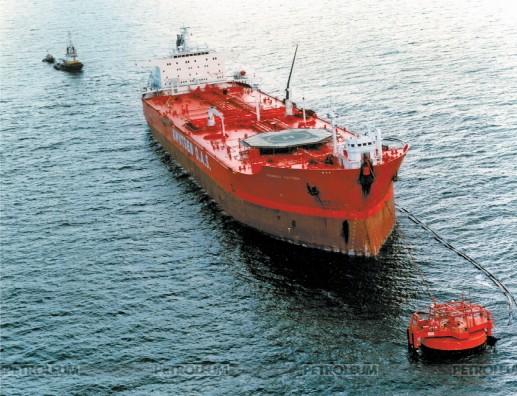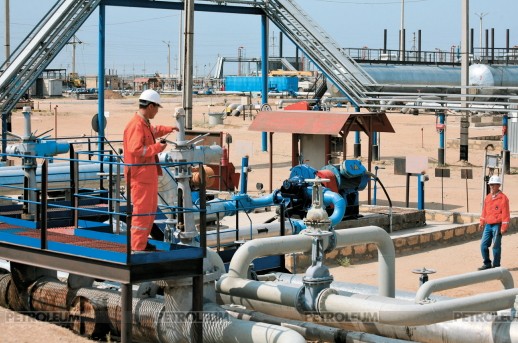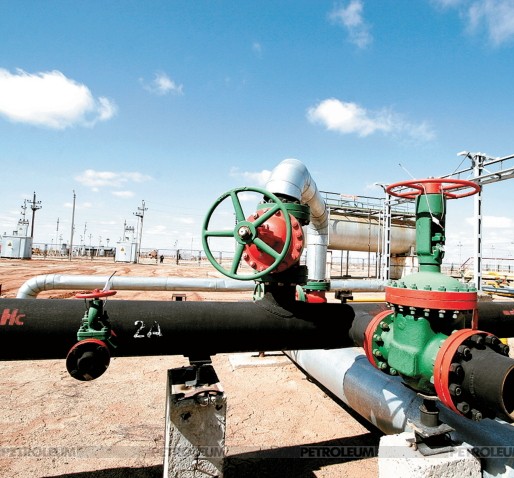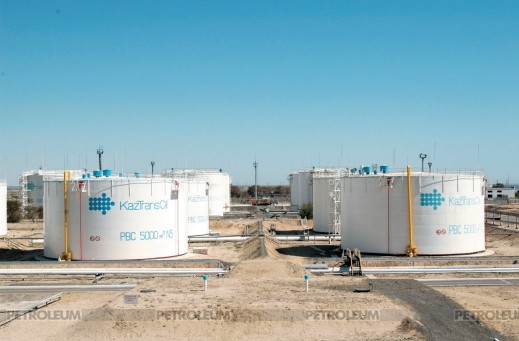Exclusive
Government Welcomes the Investors
The Government of Kazakhstan is targeted at significant liberalization of the investment climate. It is a forced measure - according to official statistics, last year, the foreign direct investment inflow in the country decreased by $ 4.8 billion - up to $24,137 billion against $28,935 billion in 2012. Significant reputational damage to positioning of Kazakhstan as the "Oil Klondike" was caused by the accident at the Kashagan field almost immediately after the start of production in the autumn of last year.
That could result in yet another delay in its commercial launch for another year or two. In these circumstances, there must be "carrots for investors" that should mitigate the effect of the “stick” in the form of duties to purchase mainly local goods and services, the extremely complex and top-heavy procedures for attraction of highly qualified foreign specialists, unfocused and contradictory tax laws, etc.

As an informed source of the industry shared to Petroleum, one of the first steps of the Head of the Presidential Administration, Mr. Karim Masimov, who has returned to position of the Prime Minister in April, was the consultation with the management of the American Chamber of Commerce in Kazakhstan and European Business Association of Kazakhstan (EUROBAK), which resulted in decision-making on activation of the actually "frozen" work of the Council on the Investment Climate Improvement under the Prime Minister of the country.
Until June 1 the Government will submit to the Parliament a draft law to improve the investment climate. As the Minister of Economy and Budget Planning, Mr. Yerbolat Dossayev said at a briefing in the Central Communications Service under the President of Kazakhstan, introducing a number of innovations is ensured. "At first, [there will be legalized- Petroleum] a new format of investment contracts with the investors and with the following measures of the state support: up to 30% compensation for the investment costs by the State after the facility commissioning; exemption from the corporate income tax; long-term order for goods and services of the investors from the national holdings, national companies and government agencies", - he said.

Secondly, it is planned to introduce the "principle of legislation stability for 10 years in the tax and environmental areas, as well as the expected long-term rate. The “principle of "one window" will be ensured for the investors on the basis of the Investment Committee of the Ministry of Industry and New Technologies, as well as an introduction of the Investment Ombudsman Institute”. Also, in June the Government plans to implement the Program on tariff policy in the area of natural monopoly until 2020, by creating new approaches to tariff policies therein and the development of competitive relations. The new program, according to Mr.Dossayev, provides "a transition from short-term to long-term regulatory through approval of limit tariffs for services of natural monopoly holders with a validity period of 5 years or more. In addition, as the Minister said, the comprehensive analysis of regulated services (goods, works) of the natural monopoly holders will be held. It will resulted in decision making concerning which ones can be put in a competitive environment.
Petroleum has a letter, sent at the end of March by EUROBAK to Mr.Asset Isekeshev, Deputy Prime Minister, Minister of Industry and New Technologies, in response to his offer to provide the comments on the amendments and additions to the legislation of the Republic of Kazakhstan, required for further improvement of the investment climate in the country. "Representatives of the companies, participating in EUROBAK, as writes Mr.Mark Smith, Chairman of the Board of Directors of the Association, have discussed the main administrative barriers to business development in the RoK and attraction of the foreign investments. This document describes the main barriers in various spheres of legislation, according to investors’ opinion, and the proposals to eliminate them, with a view to enhancing the investment attractiveness of the Republic of Kazakhstan».

Petroleum has reviewed this document. The first block of problems, according to EUROBAK’s members, lies in the field of the state business activity regulation. The Kazakhstani regulatory system does not provide an adequate development and protection of the entrepreneurs and it also creates an excessive administrative burden. The regulatory system does not provide the legally defined direct consultations with business, excluding the participation of business associations. Such a situation precludes the possibility of effective protection of the business and reduces the investment attractiveness of Kazakhstan; it also creates the risks for business.
The state regulation system, according to opinion of the European investors, should provide the most effective protection of the consumer’s rights at the lowest (objectively necessary) burden on business. Regulatory powers of the state bodies shall contain not only the rights but also responsibilities and liability for violation of the legislation requirements, as well as non-achievement of state regulation targets. The freedom of business activity should be limited only in cases of a detailed justification of necessity for such restrictions, and in accordance with the basic laws of the Republic of Kazakhstan.

For this purpose, the Association recommends, as soon as possible, to create the Regulatory Impact Assessment Institute (RIA); to determine the state body responsible for the RIA implementation and carrying out the public consultations on the draft regulations, and the sphere of RIA implementation (drafts international treaties and draft national regulations); to form the regulation base for examination of impact of the draft legal acts on the conditions of doing business; to form a mechanism for the selection of independent experts and interested persons from the national and sectoral business associations, businesses and scientific and educational communities for their involvement in carrying out the public consultations on the draft international (Common Economic Space) and national normative legal acts; to define the order of carrying out the public consultations on the draft international and national normative legal acts in the area of responsible state body.



